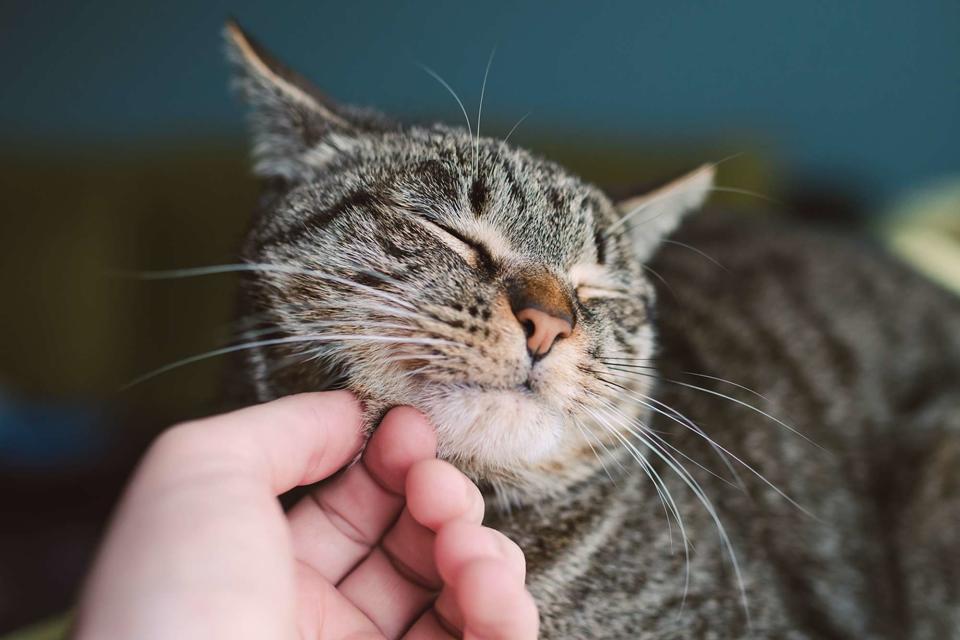Having a Cat Can Double Your Chances of Developing Schizophrenia, New Study Says
In a new study, scientists found that people who owned cats before age 25 were about twice as likely to develop schizophrenia

Getty
Being a cat owner can double the risk of developing schizophrenia, according to a new study.
Researchers from the Queensland Centre for Mental Health Research in Australia analyzed 17 studies from 11 different countries, including the U.S. and the U.K., over the past 44 years. In the analysis, published in the Schizophrenia Bulletin journal, scientists found that those who owned cats before age 25 were about twice as likely to develop schizophrenia.
“Our findings support an association between cat exposure and an increased risk of broadly defined schizophrenia-related disorders,” lead author Dr. John McGrath wrote.
Schizophrenia is a serious mental disorder in which people interpret reality abnormally, according to the Mayo Clinic. It is associated with hallucinations, delusions, and extremely disordered thinking and behavior that impairs daily functioning, and can be disabling.
“There is a need for more high-quality studies, based on large, representative samples to better understand cat ownership as a candidate risk-modifying factor for mental disorders,” McGrath wrote.
Never miss a story — sign up for PEOPLE's free daily newsletter to stay up-to-date on the best of what PEOPLE has to offer, from celebrity news to compelling human interest stories.
Many of the studies specifically linked Toxoplasma gondii (T. gondii) – also known as the “cat poop parasite” – to increased rates of mental illnesses including schizophrenia among cat owners.
This parasite is found in cats living in developed countries across the world and can infect any other warm-blooded species. Most humans who come in contact with the parasite don’t develop symptoms, but once infected with T. gondii, flu-like symptoms, blindness, brain damage and even death are possible.
T. gondii is often passed between cats through infected cat feces and eggs. The parasite can also be found in undercooked meat and unwashed fruits and vegetables. Contact with T. gondii has also been linked to birth defects, addiction and obsessive-compulsive disorder.
For more People news, make sure to sign up for our newsletter!
Read the original article on People.


